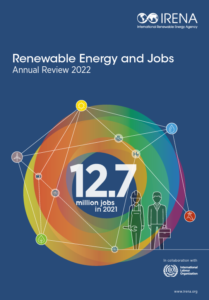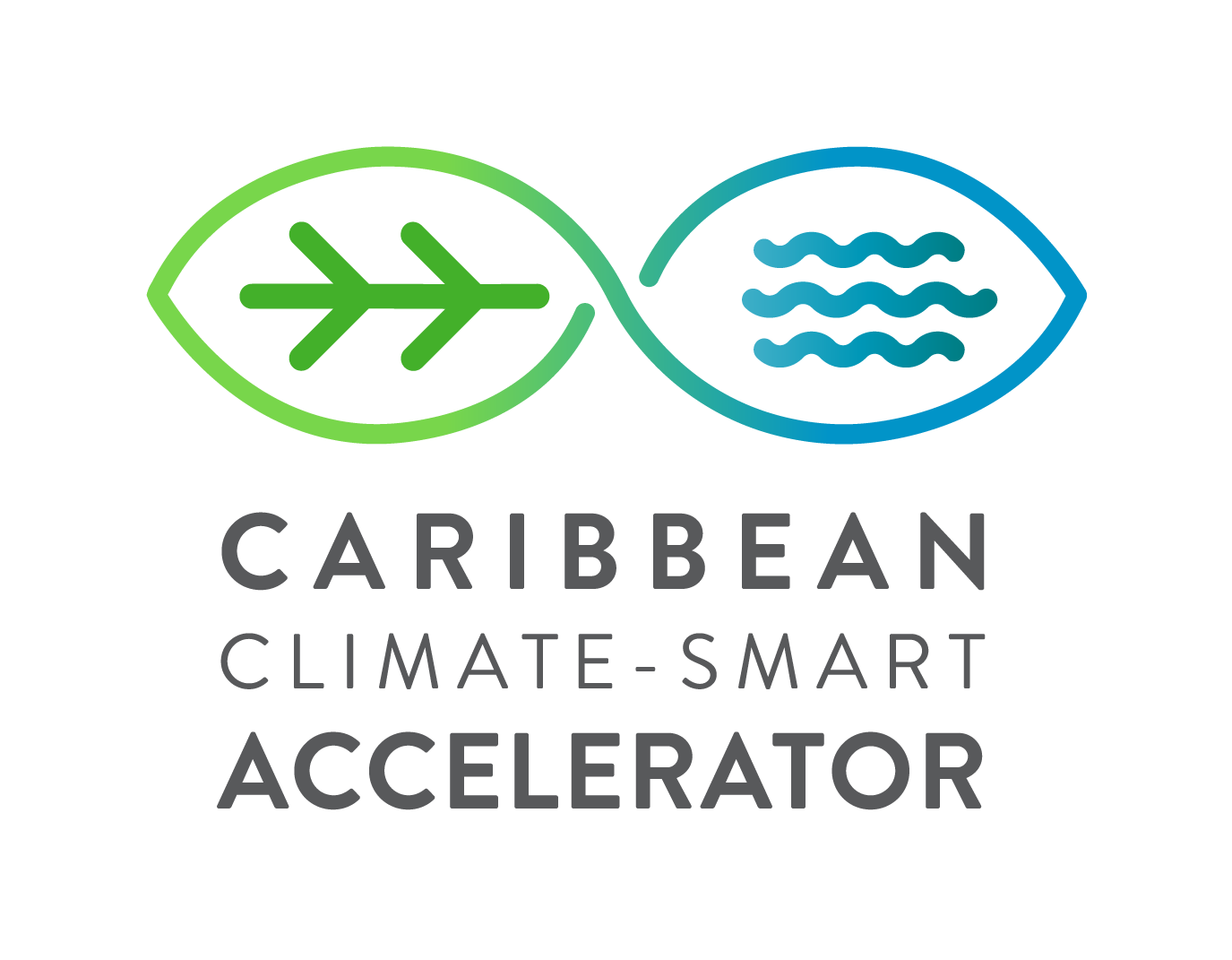Jobs are of great importance in any economy. They are especially critical as the energy transition unfolds, given expected changes and disruptions in economic structures. Jobs represent a tangible benefit that gives people a stake in this transformation, and therefore promises to raise its political acceptance
 The ninth edition of IRENA’s series, Renewable energy and jobs: Annual review 2022, produced in collaboration with the International Labour Organization (ILO), provides the latest estimates of renewable energy employment globally. Based on a wide range of studies and reports the report surveys the global renewable energy employment landscape as of 2021. It discusses experiences in selected countries with respect to deployment trends, policy contexts and pandemic impacts, with an eye to job numbers as well as job quality. This edition spotlights issues of job quality and labour standards in the mining and processing of raw materials inputs (upstream) and in the handling of materials once renewable energy generating facilities are decommissioned (downstream).
The ninth edition of IRENA’s series, Renewable energy and jobs: Annual review 2022, produced in collaboration with the International Labour Organization (ILO), provides the latest estimates of renewable energy employment globally. Based on a wide range of studies and reports the report surveys the global renewable energy employment landscape as of 2021. It discusses experiences in selected countries with respect to deployment trends, policy contexts and pandemic impacts, with an eye to job numbers as well as job quality. This edition spotlights issues of job quality and labour standards in the mining and processing of raw materials inputs (upstream) and in the handling of materials once renewable energy generating facilities are decommissioned (downstream).
The lingering impacts of the COVID-19 crisis have put a spotlight on the viability of far-flung supply chains. Trade disputes and geopolitical rivalries are reinforcing interest in localisation of supply chains, both to enhance resilience in the face of external shocks and to boost domestic value creation and jobs. Numerous countries are adopting trade measures and industrial policy strategies to build and expand their supply chains. Other key policy objectives include ensuring jobs are decent, and that equal employment opportunities exist for women, youth and minorities.
| ISBN : | 978-92-9260-364-9 |






